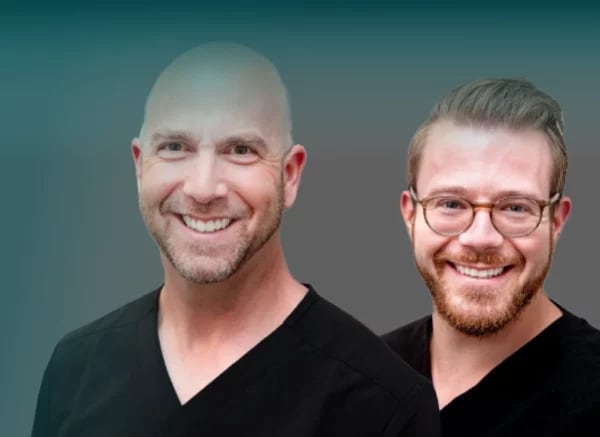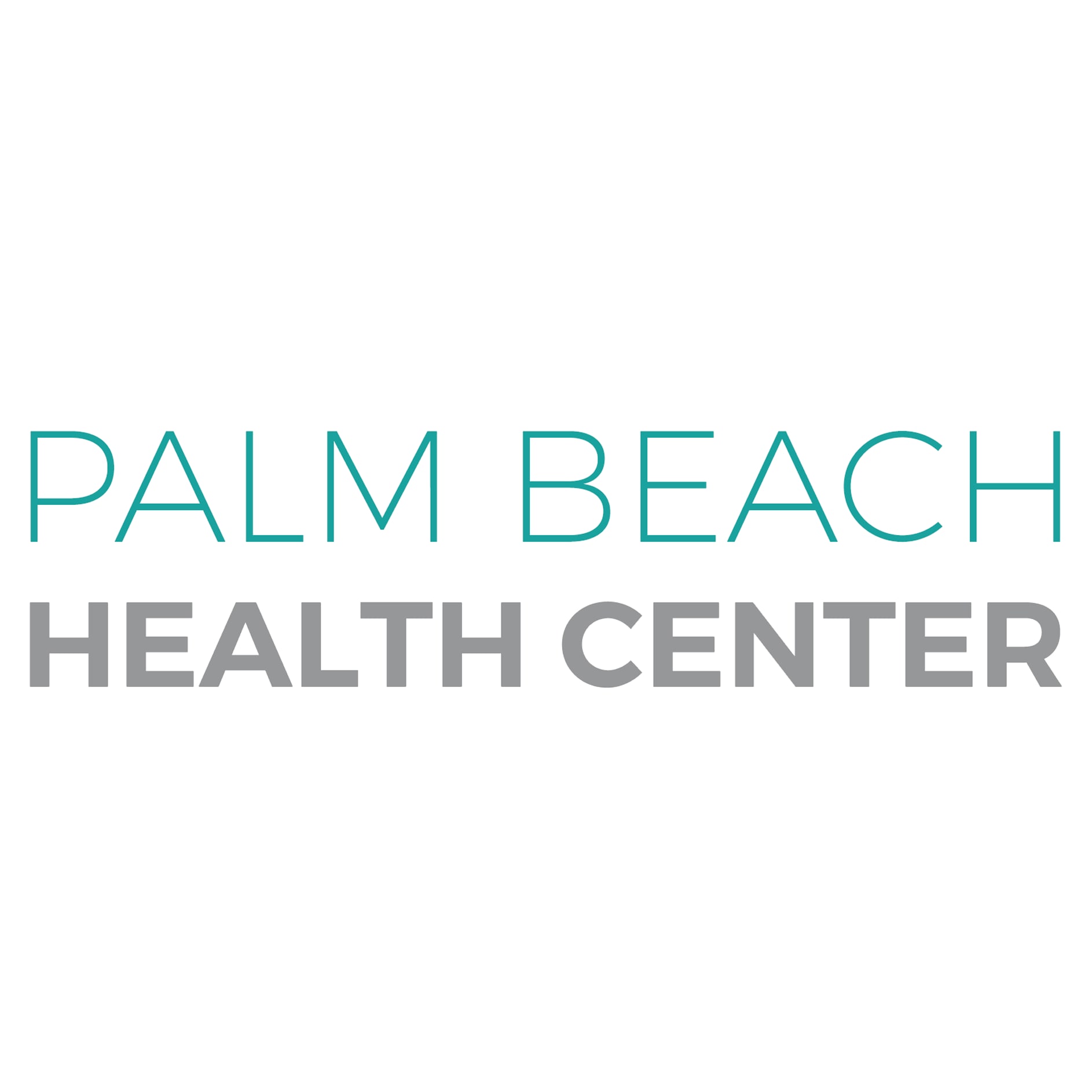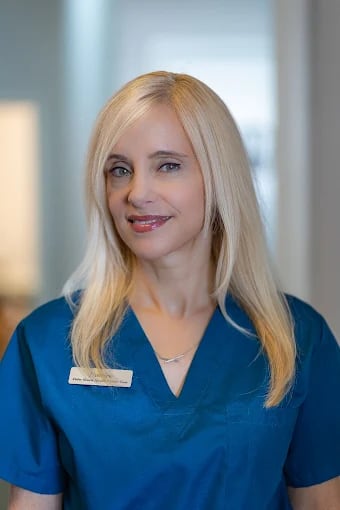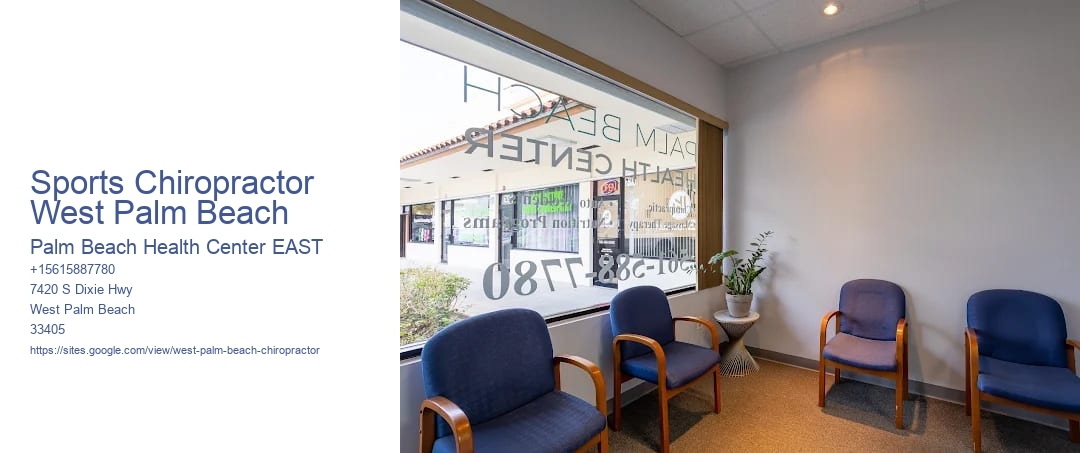Alternative medicine describes techniques that intend to attain the healing effects of conventional medication, but that typically do not have biological plausibility, testability, repeatability, or sustaining proof of performance. Such techniques are generally not component of evidence-based medicine. Unlike contemporary medication, which employs the clinical approach to examine probable treatments using accountable and ethical medical tests, creating repeatable evidence of either impact or of no result, alternative treatments stay outside of mainstream medicine and do not stem from making use of the scientific method, however rather rely on endorsements, anecdotes, religion, custom, superstition, idea in supernatural "energies", pseudoscience, mistakes in thinking, publicity, scams, or other unscientific sources. Often made use of terms for appropriate techniques are Brand-new Age medicine, pseudo-medicine, unconventional medicine, all natural medicine, edge medication, and unusual medication, with little distinction from quackery. Some different techniques are based upon theories that contradict the established science of just how the body jobs; others attract the superordinary or superstitions to describe their effect or lack thereof. In others, the method has plausibility but lacks a favorable threat–-- advantage result possibility. Study right into alternative therapies commonly fails to follow proper research methods (such as placebo-controlled tests, blind experiments and computation of previous possibility), giving void results. Background has revealed that if a method is verified to work, it ultimately discontinues to be different and becomes conventional medicine. Much of the perceived effect of an alternative technique develops from a belief that it will certainly be effective, the sugar pill effect, or from the cured condition fixing on its own (the all-natural training course of condition). This is further exacerbated by the tendency to transform to alternative therapies upon the failing of medication, at which point the condition will be at its worst and more than likely to automatically boost. In the lack of this predisposition, particularly for diseases that are not expected to get better on their own such as cancer or HIV infection, multiple studies have revealed substantially even worse outcomes if patients transform to alternate treatments. While this might be since these individuals prevent reliable therapy, some different treatments are proactively hazardous (e. g. cyanide poisoning from amygdalin, or the intentional consumption of hydrogen peroxide) or actively hinder reliable therapies. The alternative medicine sector is an extremely lucrative industry with a solid entrance hall, and faces much less regulation over the use and marketing of unverified therapies. Corresponding medication (CM), corresponding and natural medicine (CAMERA), incorporated medication or integrative medicine (IM), and holistic medication attempt to incorporate alternate exercise with those of mainstream medicine. Traditional medication techniques become "alternative" when used outside their original settings and without proper scientific explanation and evidence. Alternate approaches are often marketed as even more "all-natural" or "all natural" than methods used by medical scientific research, that is in some cases derogatorily called "Large Pharma" by supporters of alternative medicine. Billions of dollars have been spent researching alternative medicine, with couple of or no favorable outcomes and several approaches extensively disproven.
.



